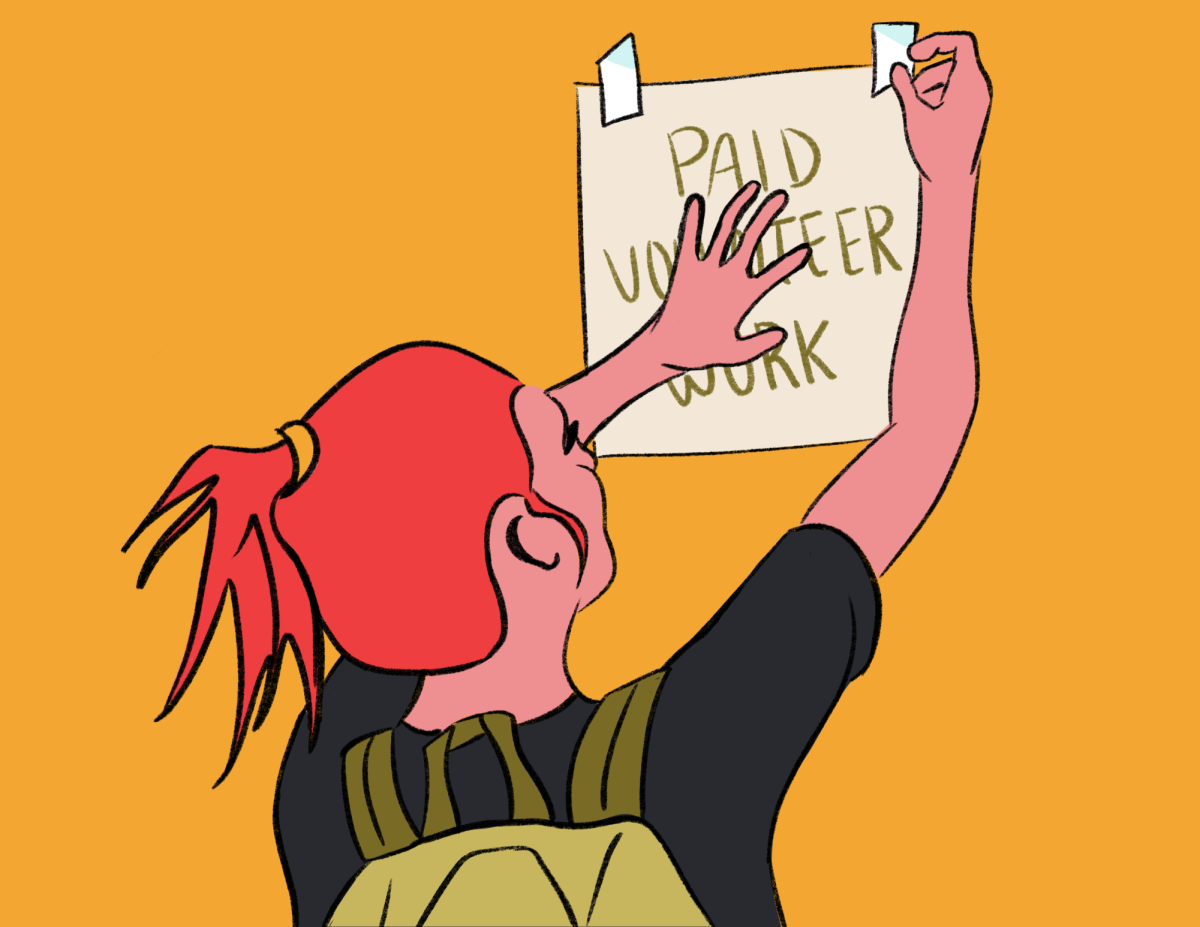
Do you want your smartphone battery to last longer? U scientists may have found a solution.
A group of engineers on campus developed a new light filter that could improve the lifetime of tablet and smartphone batteries, as well as take better pictures in dim lighting. The new polarizing filter allows in 74 percent of light, which is 30 percent more than a typical filter. Rajesh Menon, an electrical and computer engineering professor, led the team of four that developed the filter.
“We are applying ideas to material and practical problems, which is very exciting for scientists,” Menon said.
The engineers have worked on the filter for a few years, but it will still be some time before the technology appears on store shelves.
Elizabeth Gordon, a senior in English, said she is excited about any technology that could improve her device’s battery life. She also likes that this technology came out of the U.
“It’s kind of cool,” she said. “In the future I can say I went to the university that did that.”
Menon said most light sources, such as the sun, are not polarized and light travels in many different directions. Normal filters block out most of this. In LCD screens, this means the light generated is sometimes wasted, which drains the battery. The U’s filter takes the light that would normally be reflected and converts it into the desired polarized state. The team’s goal is to eventually have all of the light pass through.
The polarizing filter is currently expensive to create. Menon said the team plans to have the technology made commercially so it is cheaper. Marketable versions could be available in the next five to ten years.
“We want to make it in a similar fashion to how DVDs are made and have an easily producible manufacturing process,” Menon said.
NASA, the U.S. Department of Energy and the Utah Science Technology and Research initiative funded the research. Graduate students Bing Shen and Peng Wang, as well as senior optical engineer Randy Polson with Utah Nanofab co-authored the study. The filter research was published in November’s issue of “Optica,” a journal from the Optical Society. And Menon said this study is just the beginning.
“One thing to keep in mind is that this research is part of a bigger process of understanding what goes into light,” Menon said. “It’s a specific application of an exciting and broad field that explores the fundamentals of how light behaves.”
[email protected]
@Ehmannky
U Engineers Design Filter That Helps Smartphone Battery Life
December 1, 2014



















